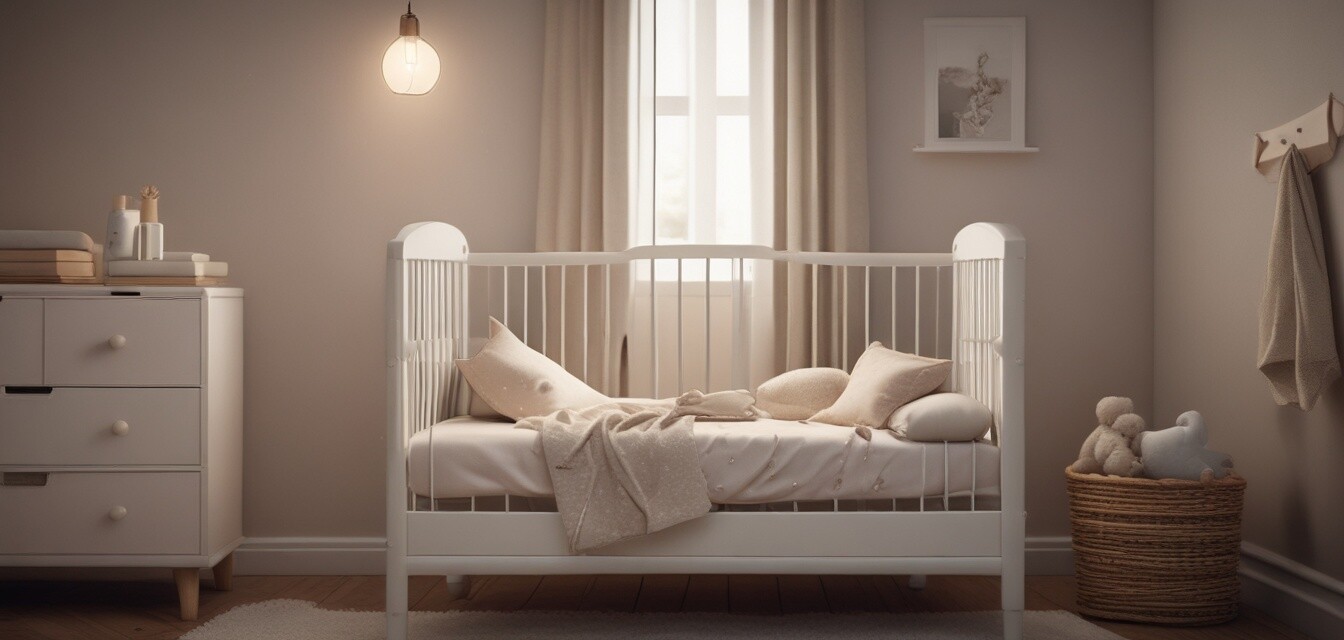
The Ultimate Guide to Cot Mattress Features
Key Takeaways
- Understanding cot mattress features ensures better sleep quality and safety for your child.
- Firmness, materials, and safety certifications are crucial factors when choosing a cot mattress.
- Waterproof and hypoallergenic covers can protect the mattress and enhance comfort.
- Always consider your baby's specific needs, including allergies and sleeping habits.
- Use our buying guides to navigate through the variety of options available.
Choosing the right cot mattress is an essential part of parenthood. With so many options available, it can be overwhelming to determine which features are most important in providing a safe and comfortable sleeping environment for your little one. In this guide, we’ll break down the must-have features of cot mattresses, helping you make informed choices for your child's slumber.
Understanding firmness and support
Firmness is one of the most critical characteristics of a cot mattress. Infants and toddlers require a firm surface to support their growing bodies. A mattress that is too soft can pose suffocation risks. Here’s a quick look at the ideal firmness for different age groups:
| Age Group | Ideal Firmness |
|---|---|
| Newborn to 12 months | Extra firm |
| 12 months to 3 years | Firm |
| 3 years and above | Medium to firm |
When trying to find the balance between comfort and support, keep in mind that many dual-sided cot mattresses offer a firmer side for infants and a softer side for toddlers, making them a great long-term investment.
Material matters
The material used in a cot mattress plays a vital role in its performance. Here are some popular materials and their benefits:
- Memory Foam: Offers great support and contouring, but may retain heat.
- Innerspring: Provides good air circulation and support, ideal for heavy babies.
- latex: Naturally hypoallergenic and breathable, but some may be more expensive.
- Polyfoam: Budget-friendly and lightweight but varies in quality.
For parents concerned about allergies, consider choosing a hypoallergenic cot mattress. These mattresses are designed to resist allergens, keeping your child safe and comfortable.
Safety standards and certifications
Always check for safety standards and certifications. Look for certifications like:
- CertiPUR-US: Ensures foam materials are made without harmful chemicals.
- GREENGUARD Gold: Certifies low emissions of volatile organic compounds (VOCs).
- Oeko-Tex Standard 100: Tests for harmful substances in textiles.
Choosing a mattress with these certifications gives you peace of mind, knowing that your child's sleeping surface is safe.
Waterproof and easy-to-clean features
Spills and accidents are part of parent life. A waterproof cot mattress cover can make a big difference. Here are some options:
| Type of Cover | Benefits | Drawbacks |
|---|---|---|
| Waterproof Cover | Protects the mattress; easy clean-up | Can make the mattress less breathable |
| Washable Cover | Easy to maintain; soft feel | Need frequent washing |
| Breathable Cover | Regulates temperature; ensures good air flow | May not be waterproof |
Opt for cot mattresses with removable and washable covers as a practical choice. They can save you from a lot of hassle!
Other special features to consider
While firmness and material are essential, other features can enhance your cot mattress choice:
- Breathability: Look for options that allow air to circulate, reducing heat build-up.
- Portability: If you travel often, consider a travel cot mattress for convenience.
- Edge support: Reinforced edges can prevent sagging and provide better stability as children grow.
When exploring options, don’t forget to check out our selection of travel cot mattresses for easy portability.
Conclusion
Finding the perfect cot mattress doesn’t have to be overwhelming. By understanding key features—such as firmness, material, safety standards, waterproof properties, and other considerations—you can make an informed decision that ensures comfort and safety for your little one. Check out our buying guides for further insights and help in making the best choice for your family.
Pros
- Enhanced safety for infants with firm materials.
- Variety of materials for personalized comfort.
- Easy cleaning options reduce parental stress.
Cons
- Higher quality mattresses can be costly.
- Some materials may not be as breathable.